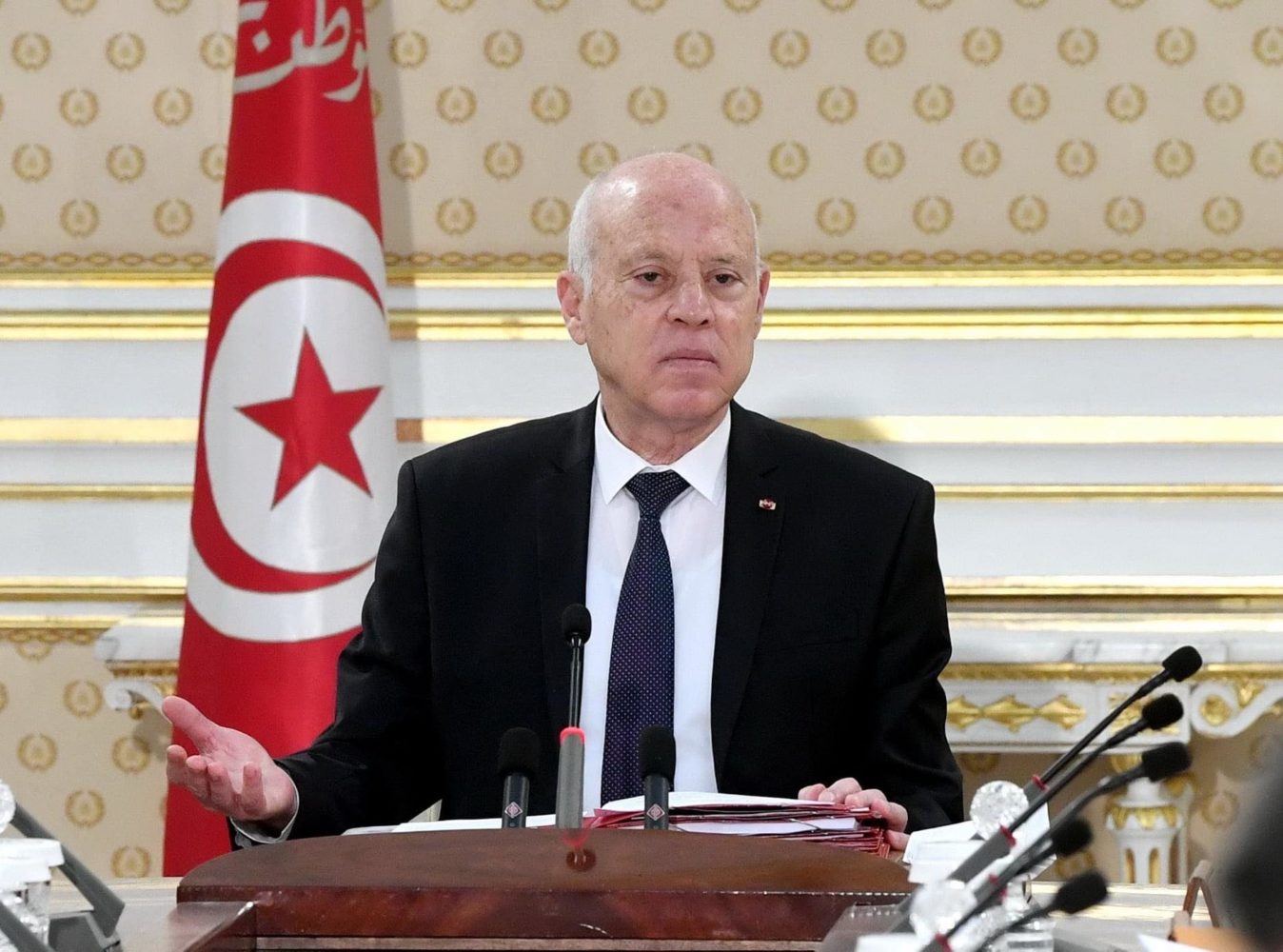Just over a quarter of the eligible electorate cast their vote in the 25 July constitutional referendum. Nonetheless, a new, autocratic Constitution, which is not supported by the majority of Tunisians and lacks democratic legitimacy and national ownership, will be imposed on them, said the International Commission of Jurists today.
On 25 July, 30.5 per cent of registered voters participated in the referendum, with 94.6 per cent voting in favour of the new constitution and 5.4 per cent against. Within one week of the release of the results, President Saied will promulgate the Constitution, and publish it in the Official Journal.
‘The referendum was rigged from the start, with no participation threshold provided for,” said Said Benarbia, the ICJ MENA program director. “The very low participation further delegitimizes the new Constitution and the process by which its adoption was made possible.”
The subordination of the Electoral Commission to the President through exceptional measures, combined with credible reports that polling stations blocked journalists and impartial monitors from reporting on and documenting the vote, cast further doubts over the fairness of the voting process.
The ICJ has found that the 2022 constitution-making process lacked all the essential hallmarks of an effective consensus-based process: legal basis, transparency, and inclusiveness. The ICJ has also expressed its profound concern that the new Constitution would subordinate the judiciary and legislature to the President; further dismantle the rule of law by removing any existing checks on the President and undermine human rights protections.
Guarantees necessary for the protection of human rights — including safeguards on the independence of the Office of the Prosecutor, the Judiciary, the Constitutional Court and the constitutional bodies — were removed from the Constitution.
“Tunisians are left unprotected by a Constitution that does not provide any effective procedures or independent institutions to protect their human rights, or to avoid the recurrence of past human rights violations,” Benarbia concluded.
Context
Tunisia’s democracy is in crisis. Since 25 July 2021, President Saied has suspended most of the 2014 Constitution, empowered himself to rule by decree, dissolved the parliament, and subordinated the High Judicial Council to his control. On 30 June, following a flawed process, a new draft constitution was published ahead of the referendum on the 25 July.
Download:
This press release in Arabic and French.
Contact
Said Benarbia, Director of the ICJ’s Middle East and North Africa Programme, email: said.benarbia@icj.org, phone number: +41-22-979-3817




